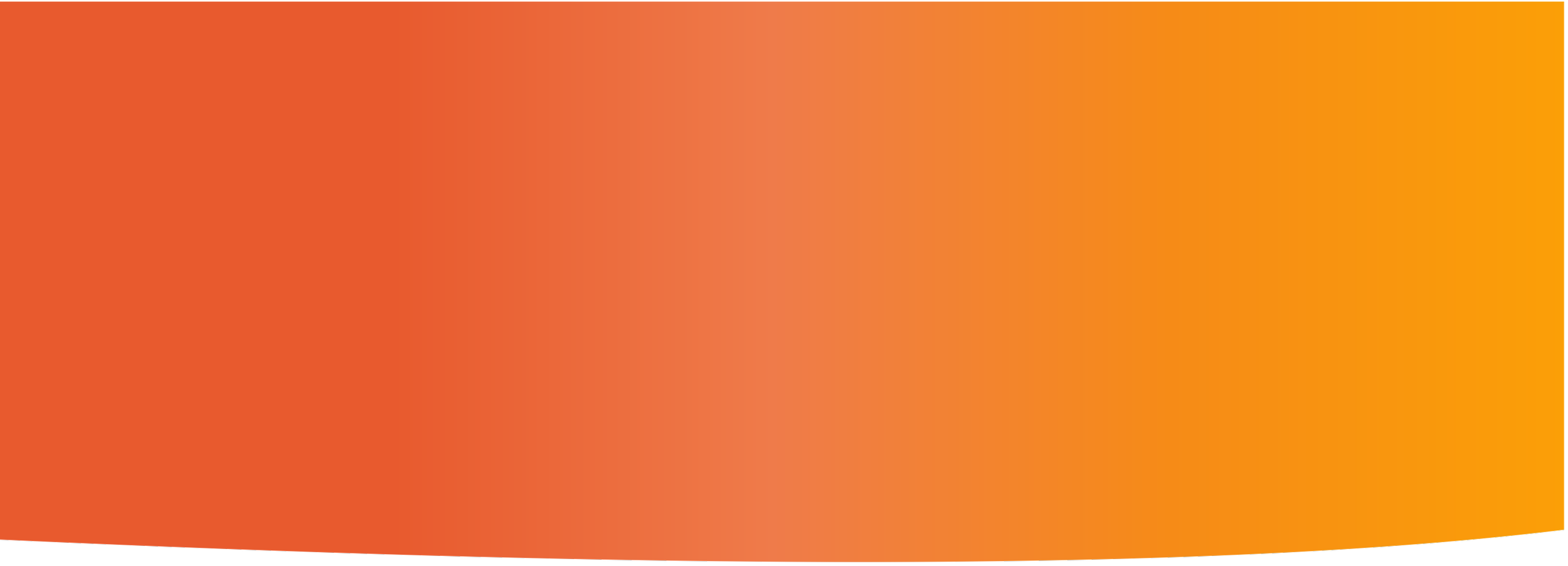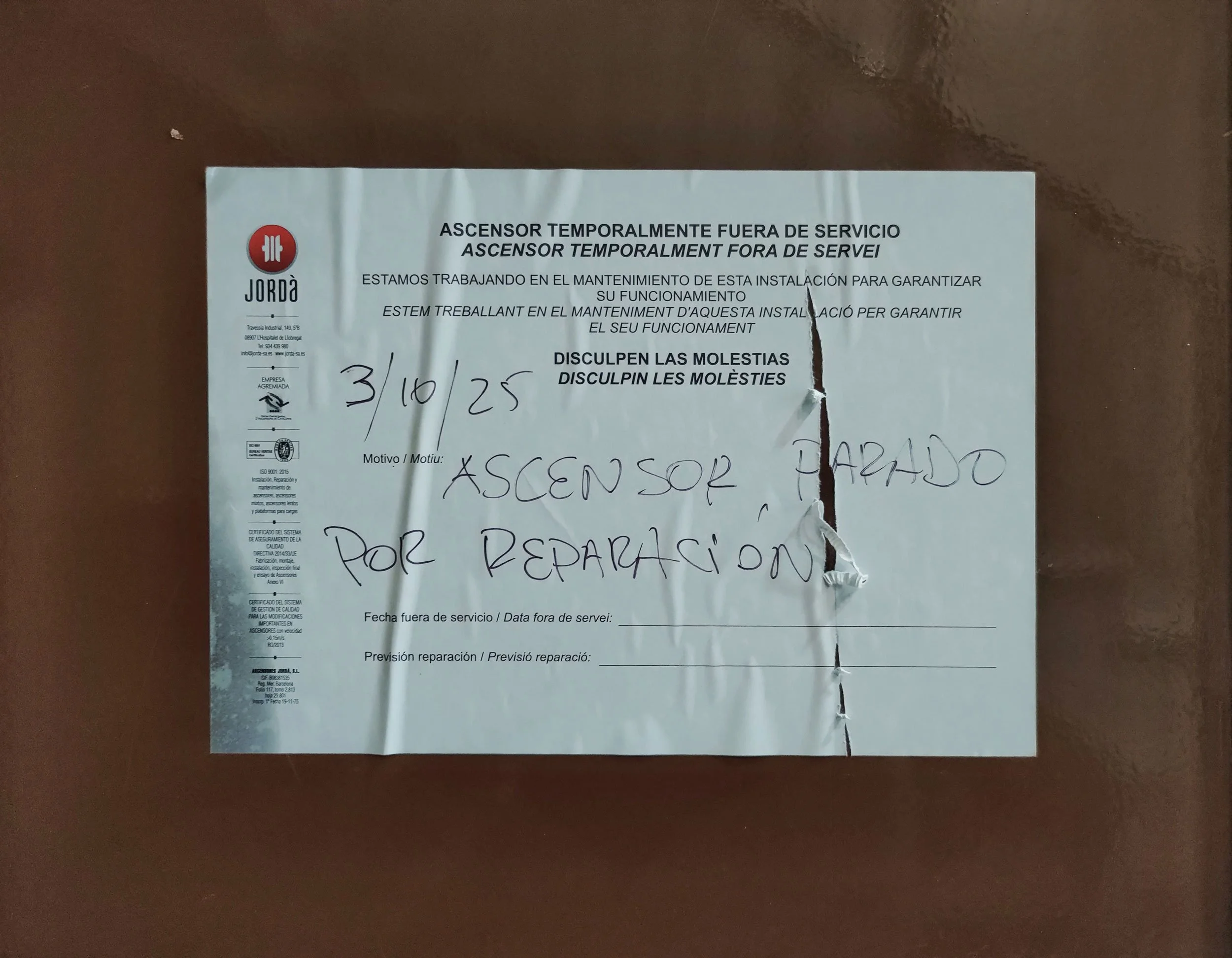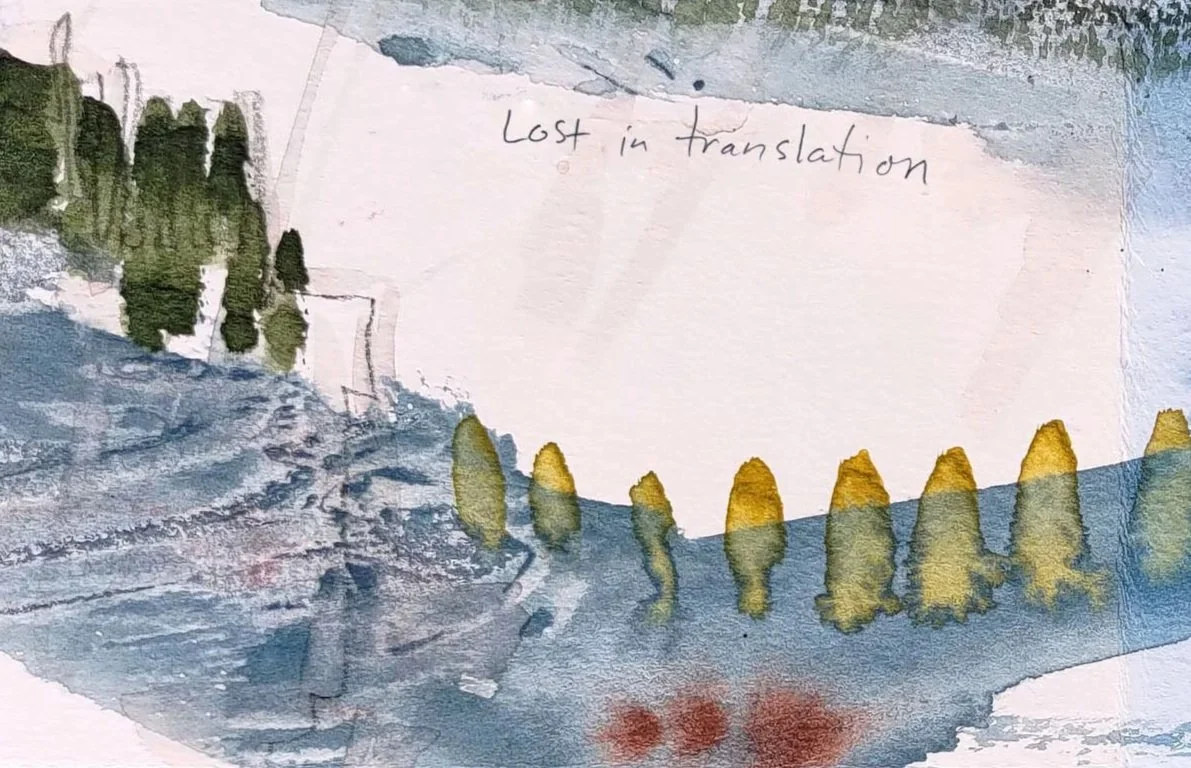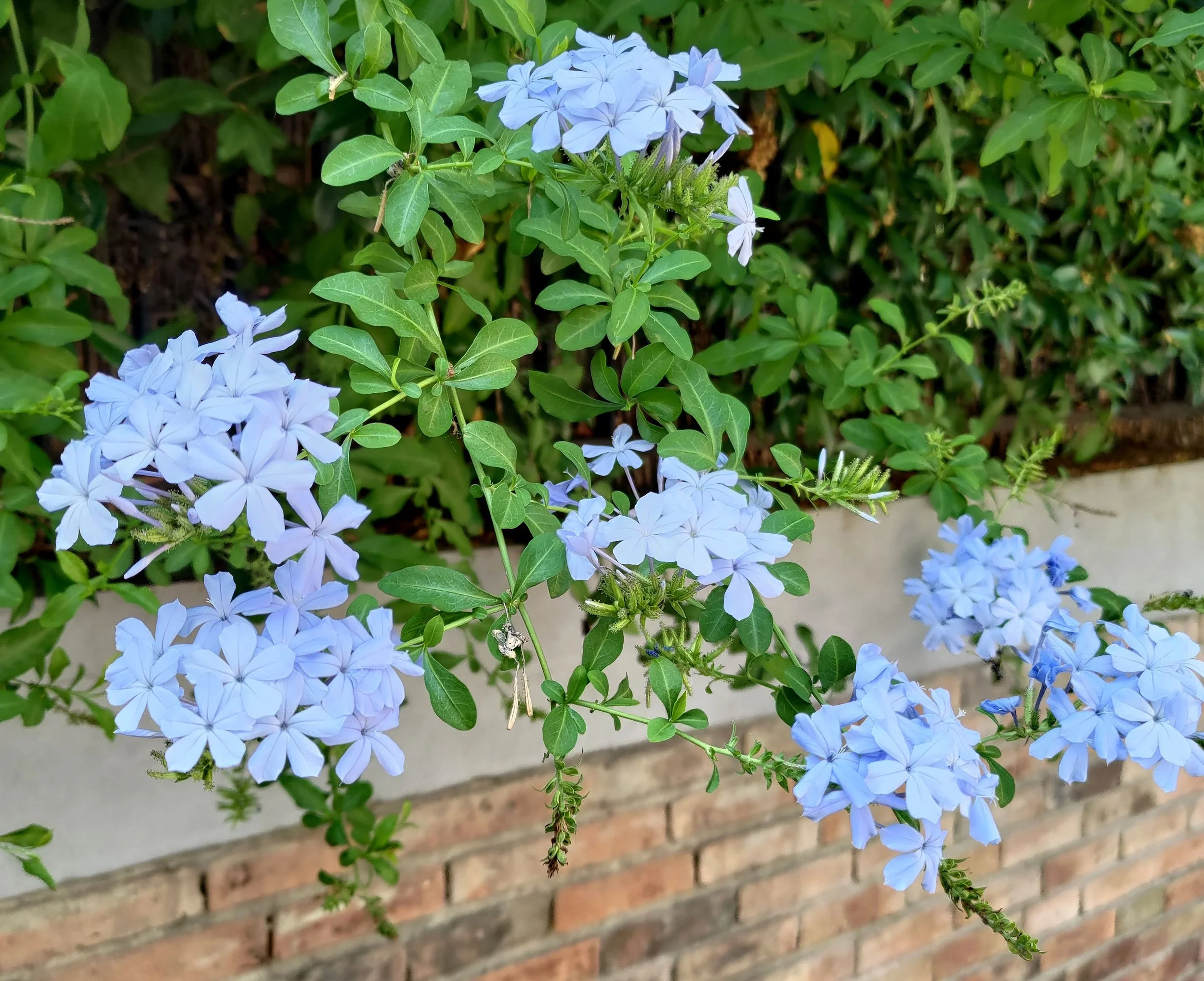
Stories
Insights & Ideas
We’re always learning and expanding our thinking.
Ushering in a New Decade of Awe and Wonder
As I head into this next decade of my life, I am reminded of the powerful physical, mental, and creative benefits of taking the time to invite in everyday moments of awe and wonder.
Using the SEE Framework for Creative Community Engagement
Meredith King, one of reDirect’s 2025 fellows, shares how the SEE framework shaped her project with Ann Arbor’s Office of Sustainability and Innovations (OSI). She created a community engagement guide to help staff turn a mobile nanogrid into a learning lab to help citizens take steps toward more sustainable living.
Why I Need More Help Than I Thought
As my hair has gotten greyer, my instinct toward self-reliance has only gotten stronger. But lately I’ve been contemplating the missed opportunities – for others as well as ourselves – when we fail to recognize the many ways that helping helps.
The Opposite of Talking
The ping-pong conversational style of information sharing and anecdote exchange seems to dominate my conversations these days. And while there’s nothing particularly wrong with this, these conversations often leave me wanting more. Is our need to share drowning out our need to be understood and to understand others? Is our default conversational style making us inadvertently miss out on opportunities for deeper connection and growth? How can we literally reframe the conversation?
How Creativity Blooms – the Hidden Power of Everyday Environments
In any kind of caregiving – whether for plants or our own creative selves – it is the cumulative effects of the environments experienced day in and out that impact us most. Good intentions are fine but having environments that support the creative process is what allows our creativity to blossom. What does creativity need and how can we create an environment that helps meet those needs?
Reflections on the Environment as “The Third Teacher”
Discover how Verdi EcoSchool, a reDirect grantee and urban farm school in Melbourne, Fl., harnesses the potential of “The Third Teacher" in education. Delve into their reflections on how intentionally crafted environments can shape behavior, ignite curiosity, and foster a strong sense of community. Learn from Verdi EcoSchool’s insights into the power of conscious design, feedback, and the profound impact of the environment as a vital classroom.
SEEing our Way to Solar: Using Supportive Environments for Effectiveness (SEE) in Program Analysis
“Incorporating Supportive Environments for Effectiveness (SEE) in program analysis is a great way to understand a program’s success, as well as potential areas for improvement. This past summer, I had the privilege of working with Julie Roth from the City of Ann Arbor to take a closer look at what is making the Solarize program so successful in the Ann Arbor area…”
The Big Idea of Small Experiments
Small experiments – whether in the design of spaces, programs, or just our own lives – can have big impacts. They can also keep us from making big mistakes. Although the quick, flexible, and impermanent nature of small experiments can make them feel haphazard, they are anything but.
Using SEE as a Building Block for a Culture of Belonging
"Creating an environment for effectiveness means creating a place where everyone can be their best selves, and bring their full, lived experience to their work." In the words of Amy Lytle of HandsOn NWNC, "the core SEE tenets seemed to flow directly toward the idea of 'belonging.'" This is their journey of leaning into the SEE framework to build a sense of belonging for their organization, as a member of our Points of Light Affiliate grantee cohort.
If You Don’t Feed the Horses They Die
People thrive on opportunities to do things that matter. Having a sense of purpose makes people more motivated and increases their overall physical and mental health. How could you help meet someone else’s need to make a difference? How might this improve their world and yours?










